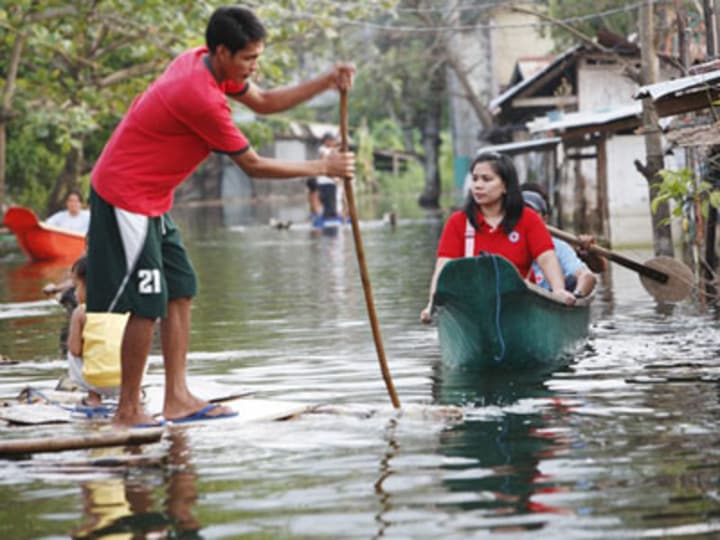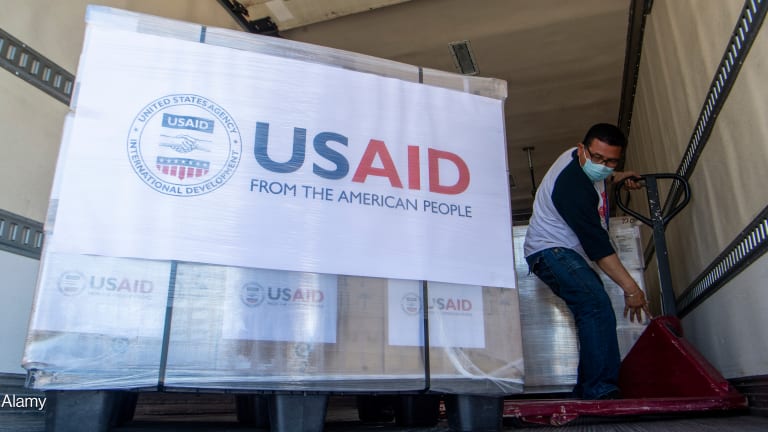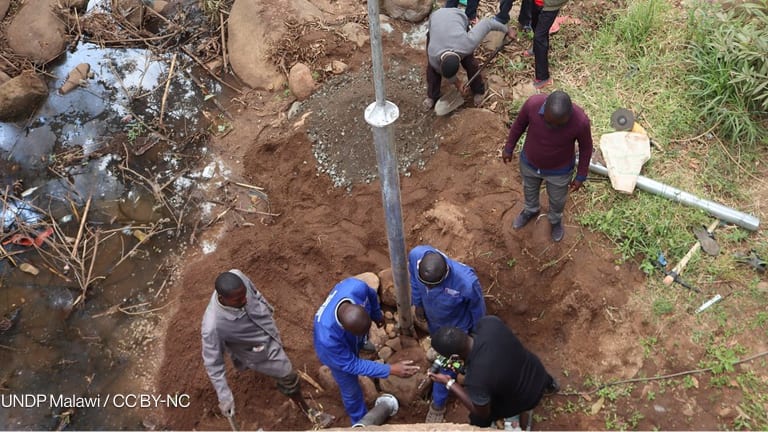
Flooding, cold waves, famine, typhoons –- extreme weather affects millions of people around the globe. Patterns of dry and wet periods are shifting and climate change is expected to result in more extreme and frequent events, increasing people’s vulnerability. The need to limit the humanitarian consequences of climate change has been an important part of the work of the International Federation of Red Cross Red Crescent Societies. Environmental threats such as climate change are inseparable from our mission of building safer and resilient communities.
Climate change is one of the most serious challenges of ours and future generations. Its impact is inequitable, affecting more severely developing countries that are less able to cope and rely more heavily on a natural resources base.
If over the centuries human societies have been able to adapt to environmental change and climate variability, today the speed and intensity of change is outpacing the capacity of both human and natural systems to adapt, slowly eroding the resilience of ecosystems and human livelihoods.
The most vulnerable should be at the centre of disaster risk reduction, as well as national adaptation planning. With a sustained and trusted presence within communities, Red Cross Red Crescent National Societies are on the front lines, working to address the humanitarian consequences of climate change, notably by integrating climate risk management into existing community action plans.
We need to integrate the full range of risk management approaches from better preparedness and response to long-term disaster risk reduction. Such a holistic approach recognizes that climate change adaptation and mitigation responses are closely linked and involve multiple sectors, stakeholders and environmental and socioeconomic issues. Strengthening community safety also requires the use of scientifically robust information; however this information is rarely tailored to the needs of the humanitarian community. We must also ensure that vulnerable people are provided with free, timely access to the information they need so as to enhance their own adaptive capacity.
One way to overcome these challenges is innovative partnerships between different actors and experts in the field of climate change and disaster risk reduction. For example, the IFRC will co-host a side event at the Global Platform on Disaster Risk Reduction at the end of May where participants will share experiences and lessons relevant to building community resilience in a changing climate.
Much remains to be done to ensure that appropriate national and international climate and risk management policies are in place, supported by financial resources and eventually adopted within vulnerable communities. Globally, the current level of funding for disaster risk reduction is low, fragmented, short-term and not predictable enough.
In 2011, the Red Cross Red Crescent helped more than 20 million people living in disaster-prone areas in 97 countries to build resilience by reducing their risk to and preparing for disasters. Whether through planting trees to protect villages from landslides, placing hurricane straps on houses so roofs aren’t blown away, or installing first aid stations in every neighbourhood. There is so much that can be done.
On this occasion of World Earth Day, I invite you to get involved in making your home and your community more resilient to disaster. As our climate changes and evolves, so must we all.
Join the Devex community and access more in-depth analysis, breaking news and business advice – and a host of other services – on international development, humanitarian aid and global health.




